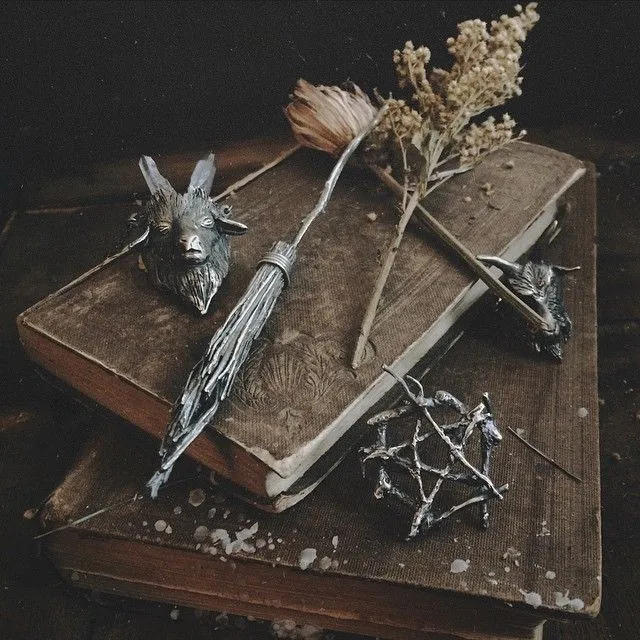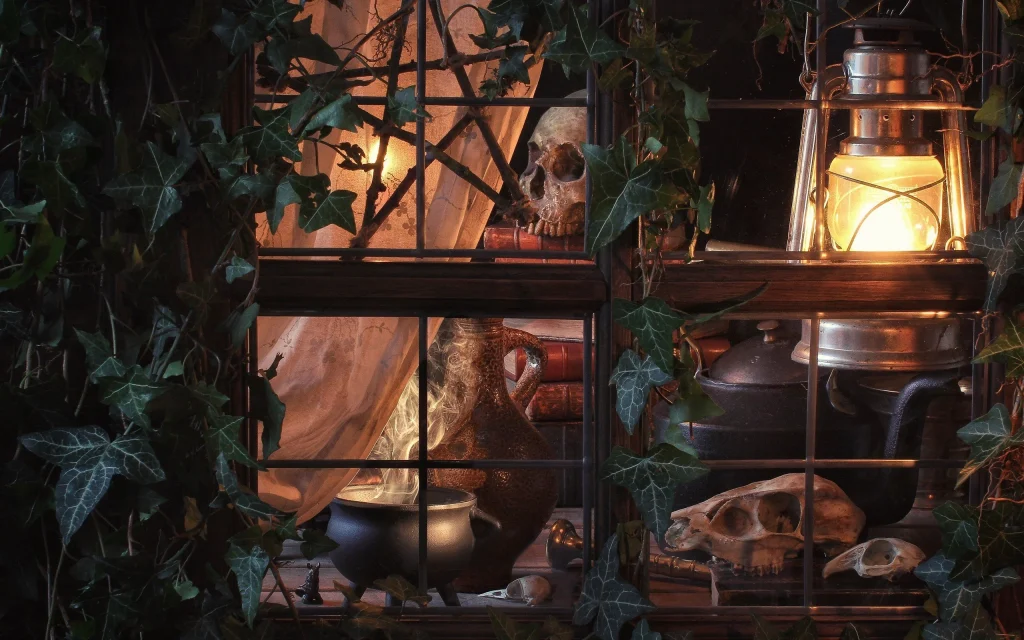Alexandrian Wicca is a rich and vibrant path within the wider Wiccan tradition, renowned for its synthesis of ceremonial magic and traditional witchcraft. Named after its founder, Alex Sanders, known as the “King of the Witches,” this tradition offers a unique approach to magic and the craft. For those drawn to the mystical and seeking a structured yet dynamic form of Wicca, Alexandrian Wicca is a compelling choice.
What about Alexandrian Wicca?
- Alexandrian Wicca is a form of British Traditional Wicca that emphasizes ceremonial magic alongside witchcraft.
- It was founded by Alex Sanders and his wife Maxine in the 1960s in the UK.
- The tradition is heavily influenced by Gardnerian Wicca but also incorporates elements of ceremonial magic and the Qabalah.
- Alexandrian Wicca values structure and hierarchy, with a degree system that mirrors other Wiccan traditions.
- Covens and group rituals are central to Alexandrian practice, with an emphasis on initiatory experiences.
- It is known for a balanced approach to both the God and Goddess, along with the celebration of eight Sabbats and thirteen Esbats.


Origins and Founding
In the 1960s, during a period of burgeoning interest in Pagan and magical traditions, Alex Sanders and his wife Maxine established Alexandrian Wicca. Alex, claiming to have been initiated by his grandmother as a child, merged his understanding and experiences of witchcraft with more formalized systems of magic.
Influences and Evolution
Influence of Gardnerian Wicca: Alex Sanders was initiated into Gardnerian Wicca before creating his own tradition. As such, Gardnerian influence is palpable in Alexandrian Wicca’s structure, rituals, and teachings.
Integration of Ceremonial Magic: Sanders sought to enrich the Wiccan framework with aspects of ceremonial magic, including the use of elaborate rituals, ceremonial tools, and the incorporation of the Qabalistic Tree of Life.
Role of Magic and Mysticism: Within Alexandrian Wicca, magic is not mere superstition but a well-defined practice of change in conformity with the will. Alexandrian Wiccans often delve deeper into mystical studies compared to other Wiccan paths.
The Sanders Legacy
Alex and Maxine Sanders: The couple was instrumental in popularizing Wicca, with Alex’s charismatic personality capturing public attention. Maxine’s role was equally important in shaping the tradition and mentoring new practitioners.
Public Perception: While some viewed Alex’s claims with skepticism, others embraced his and Maxine’s teachings, leading to a proliferation of covens across the UK and beyond.
Core Beliefs and Traditions
Dual Deity Worship: Alexandrian Wicca maintains a balance between the worship of the God and the Goddess, seeing both as essential aspects of the divine.
Wheel of the Year: Adherents celebrate the eight Sabbats that mark the changing seasons and cycles of nature, as well as thirteen Esbats, which are rituals held at new and full moons.
Initiation and Degrees: A core feature of Alexandrian Wicca is a three-degree system through which practitioners progress, culminating in the status of High Priest or Priestess.
Rituals and Practices
Coven Structure: Alexandrian Wicca is traditionally practiced in covens, with an emphasis on hierarchy and respect for those of higher degrees.
The Book of Shadows: This key text contains the rituals, spells, and wisdom of the tradition, which is passed down from coven leaders to initiates.
Use of Magical Tools: Rituals often involve the use of tools such as wands, athames (ceremonial knives), chalices, and pentacles, each with its symbolic significance.
Training and Development
Mentorship: Teachings are handed down from experienced practitioners to novices, typically within the coven setting.
Personal Development: Emphasis is placed on personal growth, understanding of esoteric knowledge, and developing magical skills.
Contemporary Alexandrian Wicca
Today, Alexandrian Wicca continues to evolve. Although there are traditionalists who adhere strictly to the Sanders’ teachings, there are also those who integrate new practices and adapt to modern sensibilities.
Technology and Community
Online Communities: With the advent of the internet, Alexandrian Wiccans have established online spaces to share knowledge and connect across distances.
Challenges and Adaptations
Changing Times: Alexandrian Wiccans face the challenge of preserving the core tenets of their tradition while adapting to a fast-changing world, particularly in how magical practice interacts with technology.
Inclusivity and Diversity: The tradition works to become more inclusive, welcoming practitioners from diverse backgrounds and experiences.


Facts about Alexandrian Wicca
What sets Alexandrian Wicca apart from other Wiccan traditions?
Alexandrian Wicca is distinct in its inclusion of ceremonial magic and Qabalah within a Wiccan framework, its structured coven practices, and the influence of its charismatic founders, Alex and Maxine Sanders.
How does one become a part of an Alexandrian coven?
Prospective members usually undergo a period of learning and observation before being initiated into a coven. Initiations are performed by a High Priest or Priestess of the second or third degree.
Are solitary practices common in Alexandrian Wicca?
While Alexandrian Wicca places emphasis on coven work, solitary practitioners may still follow its principles, engaging with the rituals and teachings individually.
Alexandrian Wicca represents a magical path that is both ceremonial and intimately connected to the rhythms of nature. Its growth and development over the years highlight the dynamic nature of Wicca and its capacity to inspire those seeking a structured yet personal spiritual practice.

